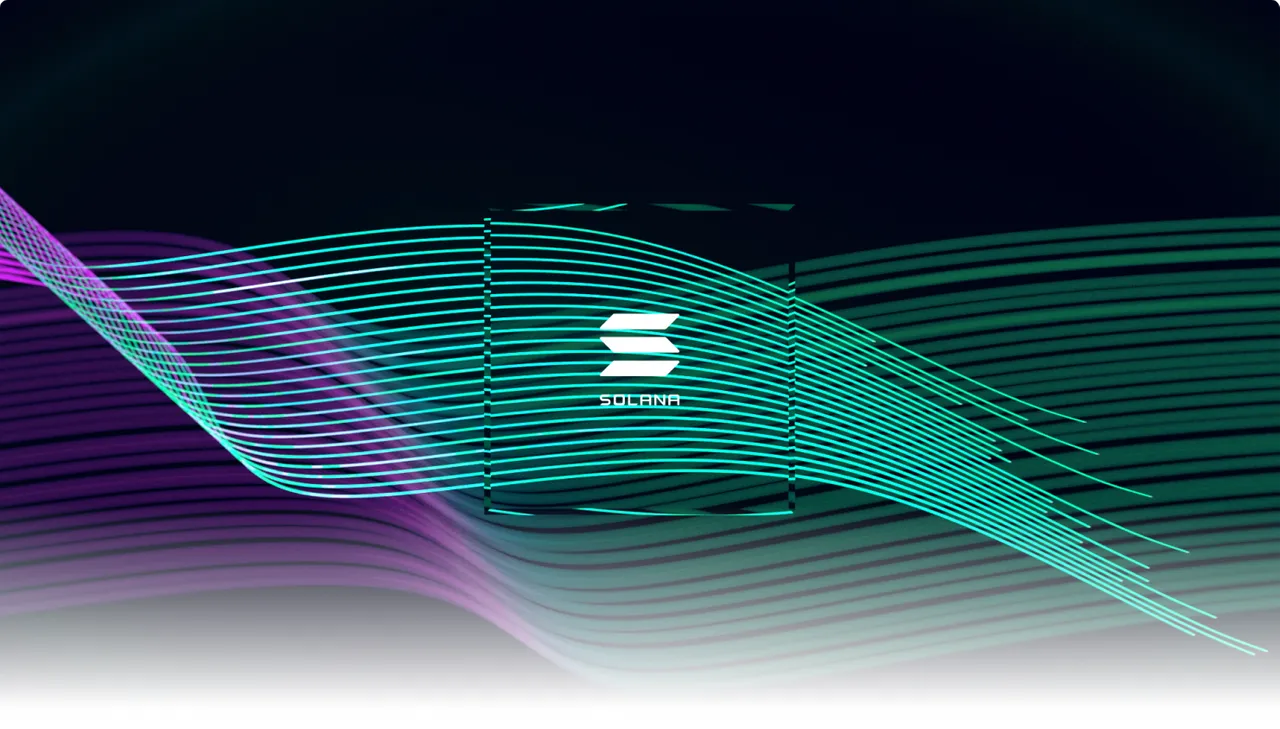Solana (SOL) is a highly useable platform, providing lightning quick processing times attractive to both smaller individual users as well as large scale enterprise users. In this section of the Solana Coin Guide let's investigate the pros and cons surrounding this project to gain insight into the viability of this protocol.
PROS
- Solana is a lightning fast network thanks in part to it's unique proof of history (PoH) consensus coupled with proof of stake (PoS). The protocol is able to stream transactions quickly without giving up security by eliminating the wait for global consensus. When hardware options improve, it is estimated the Solana system will get even faster transaction times.
- Delegated staking is available for the Solana native token, SOL.
- The protocol is designed to be highly resistant to censorship.
- Transaction fees (gas) in the network are extremely low.
- Solana is open-source and permissionless allowing for greater and more widespread adoption of it's technology.
- Although there are presently fewer than 200 validators for the system, there exists low barriers of entry to become a validator.
- The Solana ecosystem is interoperable with Ethereum.
- Solana finds support in the cryptosphere from several large players such as Alameda Research and FTX Exchange.
- For users concerned with the security of their data, Solana utilizes zero-knowledge proofs which provide an additional privacy layer in transaction processing.
- Sharding technology is utilized in Solana to insure a high degree of scalability.
- Use cases for Solana are not limited to the financial sector but extend to other sectors such as the legal sector, the retail sector and the insurance sector.
- Through Solana's fair distribution system, everyone in the system has an equal opportunity to earn tokens while at the same time protecting the ecosystem from exploits from centralized entities.
- Solana has a distributed network of nodes utilized which node operators are chosen by way of blockchain voting.
CONS
- A review of the Solana white paper demonstrates that there is no clear roadmap for the project. The project leaders have found no value in producing a roadmap (or for that matter any prediction at all relative to the projects future) until such time as the project produces tangible results.
- Due to the limited number of validators, Solana may still be viewed as being centralized in nature.
- By focusing on the issue of scalability, Solana has relegated itself to a position where it will not process transactions as quickly as other chains that already are producing this effect.
- The project leaders are less than transparent when it comes to information concerning chain operations. This lack of transparency is seen by some as disconcerting when attempting to assess the credibility of the project for investment purposes.
- Due to a lack of working products within it's ecosystem, many see Solana as an unprofitable venture.
- There exists little traction for the Solana project due to it's low existing user base.
- A satisfactory functionable hardware set-up for Solana is more costly than other chains.
- The project is still in Beta, and many items still await launch on the Solana Beta Mainnet.
CONCLUSION
It is Solana's goal to provide a highly scalable network for use by financial institutions and other general businesses. However, many users presently see no need for the Solana project due to its lack of working products. In this regard lack of a proper roadmap further aides user perception as to the need for Solana. These factors, coupled with Solana's low user base, make it very difficult for any future increase in value to happen until said factors are satisfactorily addressed.
The information herein contained is presented for educational purposes only and should not be considered investment advice. Prior to making any investment, it is highly recommended that you do your own diligent research. And remember, never invest more than you can afford to lose.
